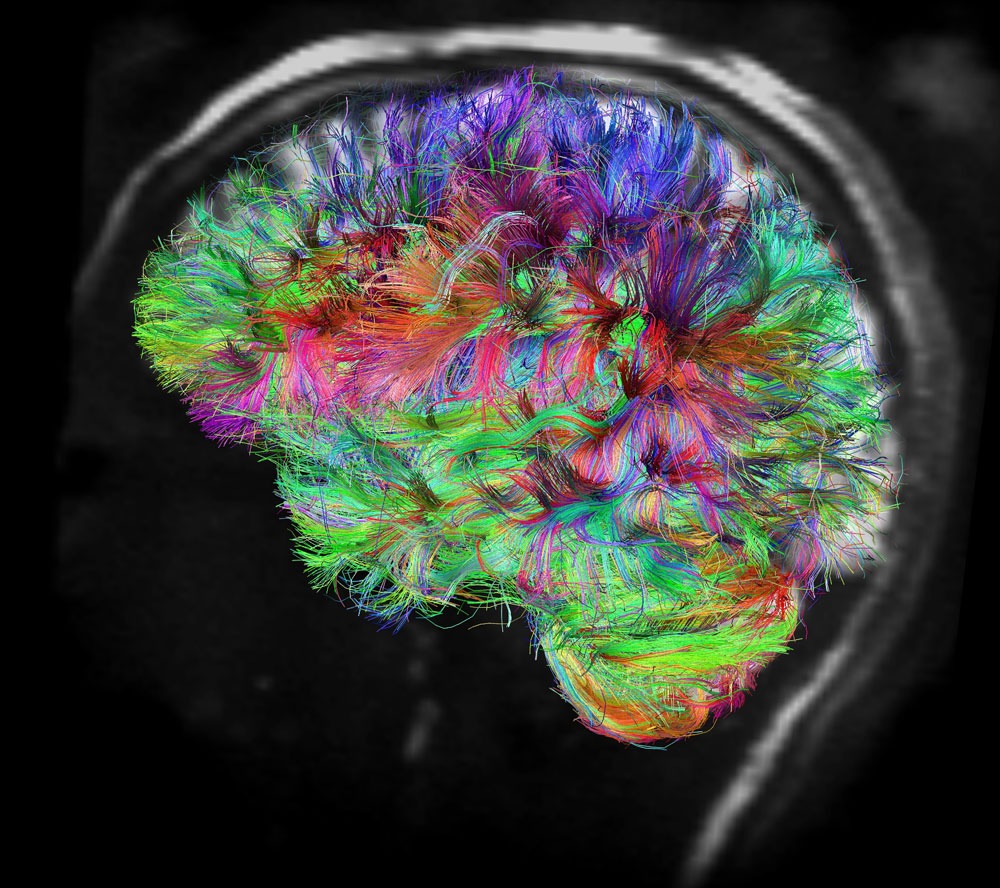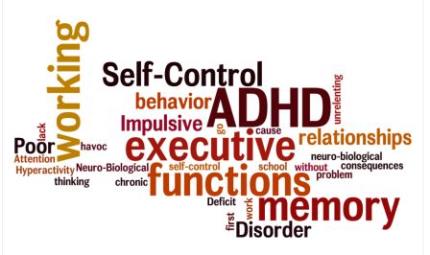Posts Tagged ‘DSM’
Update: Repetitive negative thinking may increase (or perhaps be caused by) Alzheimer’s pathology
Time for a new edition of SharpBrains’ e‑newsletter, featuring this month 13 research findings, resources and brain teasers for lifelong brain and mental health. #1. “We found that people who exhibited higher repetitive negative thinking patterns experienced more cognitive decline over a four-year period. They also had specific declines in memory (which is an early sign…
Read MoreStudy finds psychiatric diagnoses to be ‘scientifically meaningless’
__________ Psychiatric diagnosis ‘scientifically meaningless’ (Science Daily): “A new study, published in Psychiatry Research, has concluded that psychiatric diagnoses are scientifically worthless as tools to identify discrete mental health disorders. The study, led by researchers from the University of Liverpool, involved a detailed analysis of five key chapters of the latest edition of the widely used…
Read More5 Must-Read Articles, and an Online Course, to Help Children with ADHD
—– Given the ongoing changes and controversies surrounding ADHD diagnosis and treatment, let us highlight 5 key articles written by Duke University’s Dr. David Rabiner to summarize recent scientific findings and their implications, plus a very relevant online course to help parents and professionals help children with ADHD. 1. Study finds large gaps between research and practice…
Read MoreStudy: Fewer than 19% of ADHD treatment plans monitor treatment response according to guidelines
What did they find (at a recent study, published in the journal Pediatrics, surveying community-based ADHD diagnoses and treatments)? For around 30 percent of children diagnosed with ADHD, the evidence that DSM criteria were met was missing. ADHD rating scales were collected from parents and teachers for only 56 percent of youth with an ADHD diagnosis.
Read MoreUpdate: Harness Neuroplasticity with Enthusiasm, Exercise & Personalized Medicine
Time for SharpBrains’ February 2012 eNewsletter, featuring in this occasion multiple and complementary perspectives on how to harness neuroplasticity: with enthusiasm, BOTH physical AND cognitive exercise, and (once tools become better standardized and widely available) brain-based personalized medicine. Featured Perspectives: To Harness Neuroplasticity, Start with Enthusiasm, by Dr. Helena Popovic Q&A with Dr. Yaakov Stern on Brain Reserve,…
Read MorePersonalized Medicine in Psychiatry: from DSM to brain-based RDoC, iSPOT‑D and biomarkers
(Editor’s Note: this is Part 2 of the new 3‑part series written by Dr. Evian Gordon drawing from his participation at the Personalized Medicine World Congress on January, 23, 2012 at Stanford University.) Most Personalized Medicine research in Psychiatry using molecular measures alone have failed to replicate. Whilst disappointing, this is not surprising, since 80%…
Read More




